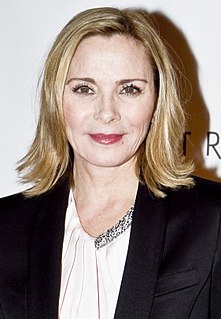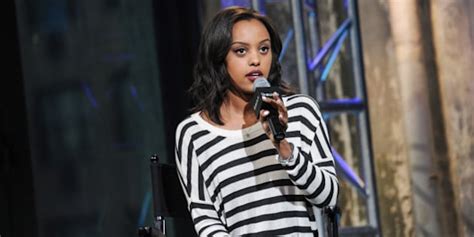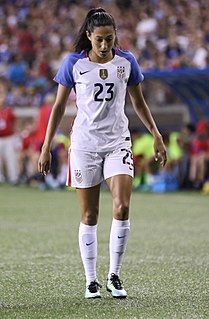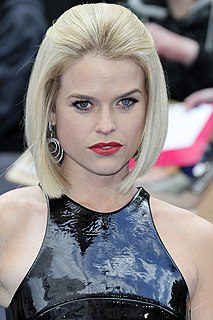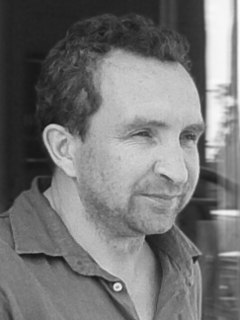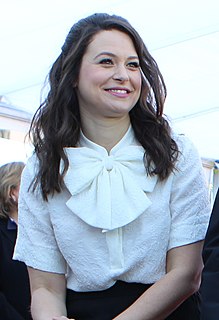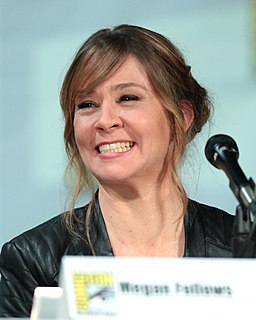A Quote by Kim Cattrall
Imagination helps me to become part of that journey that I'm going through in font of the camera, or in front of an audience. I used to think you had to disappear within a character, but I find that puts a mask on what I do.
Related Quotes
When I take on a character, it's a sacrifice. There's something that you give up every time. I want to become these characters, and I want to be mysterious, but if you know too much about me, it's not going to be too much fun watching me play a character, because it's just going to be me with a mask on, instead of you believing what the mask is.
I definitely prefer the single camera better. For me it's the simple fact that I enjoy working in front of an audience, but when you're trying to create a suspension of disbelief it's much harder to do in front of audience because they become a partner. Moreso than that, they become in charge of the timing. From the simple, mechanical fact that you have to hold for their laughter. The actual timing of the scene is in the hands of the audience. As a control freak, I don't enjoy that as much as the ability to be able to control it in an edit room.
I find the ball, and I think, 'Where's the ball going, and where do I need to go?' It just puts me back in the game, and it's the simplest thing, but it's become sort of like my soccer mantra. I simply use the ball as my focus point and move back into position, and the distracting thoughts disappear, and I'm right back in the game.
I can ask someone to let me into all aspects of their life for several years, but people have got to have that gift: that courage and that talent for opening their lives to the camera. Being candid is a gift, and that's what the audience responds to. Part of it is me asking, and part of it is just their inherent talent, which is what you are looking for when you make documentaries - people that are really going to let you in on what they are going through.
In film, the camera can get an array of shots so the audience can see the emotion the character is giving off. Using close-ups on the character's face really helps get the message across. On stage, you can't do that. But the stage has that live feeling that you can't get anywhere else because the audience is right there.
All politicians are going to mask to some degree in order to present themselves in away they think will get them votes. What's different in Obama's case is that he's wearing a racial mask, this 'bargainer's' mask, and I think very effectively, whereby he gives whites the benefit of the doubt. He's essentially saying, 'I am going to presume you are not racist, if you won't hold my race against me.' So, his mask is a distinctly racial one.
At the time, I used to say, "We should market this like Everybody Loves Raymond. It's just a guy dealing with his family." Instead, it was irresistible to show all these funny people. So, I actually think this could be more inviting to a new audience because they can just watch one character, find out what's going on in his life, and then meet another character and find out what's going on in her life, and then see how it intersects the other one.
